Trebbiano Toscano/Ugni Blanc: The Versatile Grape for Wines & Brandies
Allow me to introduce you to Trebbiano Toscano, also known as Ugni Blanc in France, a white grape variety that often flies under the radar yet plays a vital role in the world of wine. Known for its high yields and adaptable nature, this grape delivers crisp, fresh wines and is the secret hero behind the world-renowned spirit, Cognac.
A Brief History
Trebbiano Toscano/Ugni Blanc is believed to have originated in Italy, where it has been grown since the Roman times. The grape was taken to France in the 14th century, where it was renamed Ugni Blanc. Despite its Italian origins, the variety has found tremendous success in France, particularly in the production of Cognac and Armagnac.
Characteristics
Trebbiano Toscano/Ugni Blanc is an early-budding, late-ripening variety, enabling it to maintain high acidity while achieving optimal ripeness. The vine is very productive and adaptable to a variety of soil types. The wines it produces are typically light-bodied, with high acidity and modest alcohol levels.
Flavour Profile
In terms of flavour, Trebbiano Toscano/Ugni Blanc tends to deliver neutral, delicate citrus and green apple notes, with hints of almond and floral undertones. Its high acidity often lends a zesty freshness, making it a pleasant, easy-drinking white wine. When distilled into spirits like Cognac and Armagnac, it provides the necessary acidity and neutral base for the spirit’s long aging process.
Different Styles of Wine
Trebbiano Toscano/Ugni Blanc can be made into a variety of wine styles, from crisp, fresh still whites to sparkling wines, and of course, distilled into brandies. In Italy, it is often used in blends, contributing acidity and body to the wine. In France, it is the primary grape used in the production of Cognac and Armagnac, two of the world’s most prestigious spirits.
Wine Making and Maturation Options
Winemaking techniques for Trebbiano Toscano/Ugni Blanc are usually focused on maintaining its freshness and acidity. Fermentation typically occurs in stainless steel tanks at cool temperatures. However, some producers use oak aging to add complexity and texture. When used for spirit production, the juice undergoes a double distillation process before being aged in oak barrels for several years, even decades.
Important Regions
While Trebbiano Toscano is grown extensively in Italy, especially in Tuscany, Abruzzo, and Umbria, it’s in France, where it’s known as Ugni Blanc, that the variety truly shines. The Charente and Charente-Maritime departments in southwestern France, home to Cognac, and the Gascony region, home to Armagnac, are the most noteworthy regions for Ugni Blanc.
Food Pairing Suggestions
Thanks to its high acidity and refreshing palate, Trebbiano Toscano/Ugni Blanc wines pair well with a variety of foods. They make a great match for light seafood dishes, fresh salads, poultry, and pasta with creamy sauces. When it comes to Cognac and Armagnac, they are traditionally enjoyed on their own or as a digestif after a meal.
Whether in your wine glass or a snifter of Cognac, Trebbiano Toscano/Ugni Blanc invites us to discover its quiet charm and versatile nature, proving that even an unsung hero can create an unforgettable tasting experience.
Take a quiz to test your knowledge
Wine Sections
Some of my most memorable wines
2021 Pouilly-Fuissé by Olivier Merlin, Burgundy

£359.40 – 12 bottles
2021 Provence Rosé by Château la Mascaronne

£75.42 – 6 bottles
1995 Château Latour, Pauillac, Bordeaux

£6,100.00 – 1 case
2017 Chateau Lafite Rothschild Premier Cru Classe

£3,310 – 3 bottles
2003 Hobbs of Barossa Ranges, Gregor Shiraz, Barossa Valley



